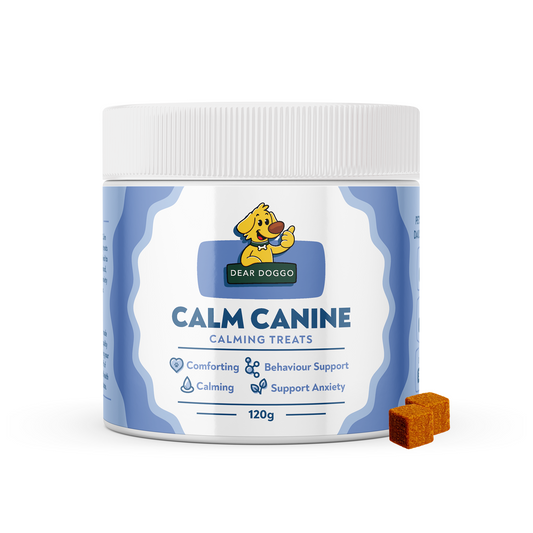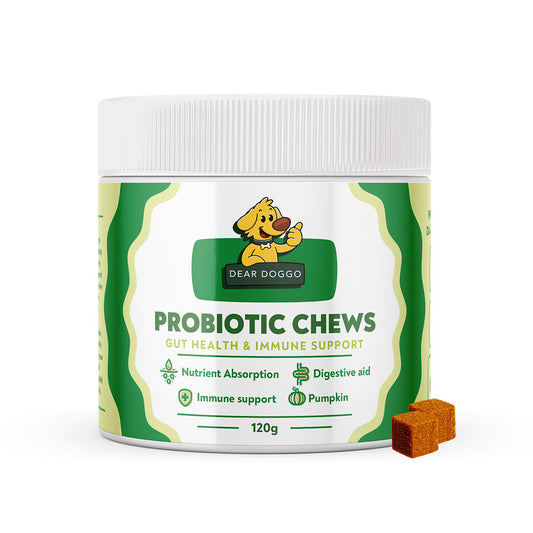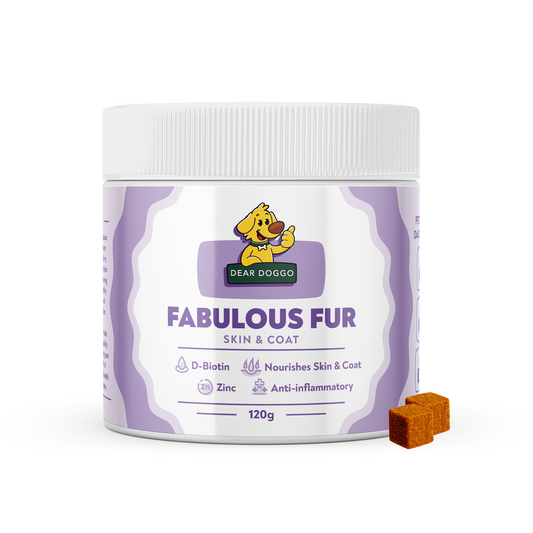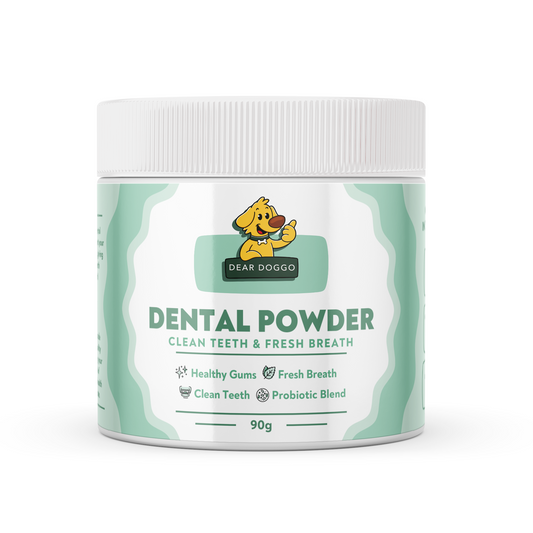While gardens and indoor plants add beauty to our homes, some common plants can pose a serious threat to our furry friends. In the UK, several plants are toxic to dogs and can cause a range of health problems, from mild gastrointestinal upset to severe poisoning. In this blog post, we'll highlight the top 5 plants that pet owners should be aware of to keep their canine companions safe.
Lily: Lilies are highly toxic to dogs, particularly members of the Lilium genus, including Easter lilies, tiger lilies, and Asiatic lilies. Ingestion of any part of the plant, including the leaves, flowers, and pollen, can cause severe kidney damage and even kidney failure in dogs.
Foxglove: Foxglove is a beautiful flowering plant commonly found in gardens and woodland areas. However, all parts of the foxglove plant contain toxic compounds called cardiac glycosides, which can cause vomiting, diarrhea, cardiac arrhythmias, and even death in dogs if ingested in large quantities.
Hydrangea: Hydrangeas are popular garden shrubs valued for their large, showy flowers. However, all parts of the hydrangea plant contain cyanogenic glycosides, which can cause vomiting, diarrhea, lethargy, and difficulty breathing in dogs if ingested in large quantities.
Ivy: Ivy is a common climbing plant found in gardens and landscapes. While ivy is generally less toxic than some other plants on this list, ingestion can still cause gastrointestinal upset, drooling, and difficulty breathing in dogs due to the presence of saponins and other irritants
Daffodil: Daffodils are cheerful spring flowers known for their bright yellow blooms. However, all parts of the daffodil plant, particularly the bulbs, contain toxic alkaloids called lycorine, which can cause vomiting, diarrhea, abdominal pain, and cardiac arrhythmias in dogs.
As responsible pet owners, it's essential to be aware of the plants that can pose a danger to our canine companions. By familiarizing ourselves with these toxic plants and taking steps to prevent exposure, such as keeping them out of reach or removing them from our homes and gardens, we can help keep our furry friends safe and healthy. If you suspect your dog has ingested a toxic plant, seek veterinary care immediately for prompt treatment and intervention.
 45-Day Money Back Guarantee
45-Day Money Back Guarantee





